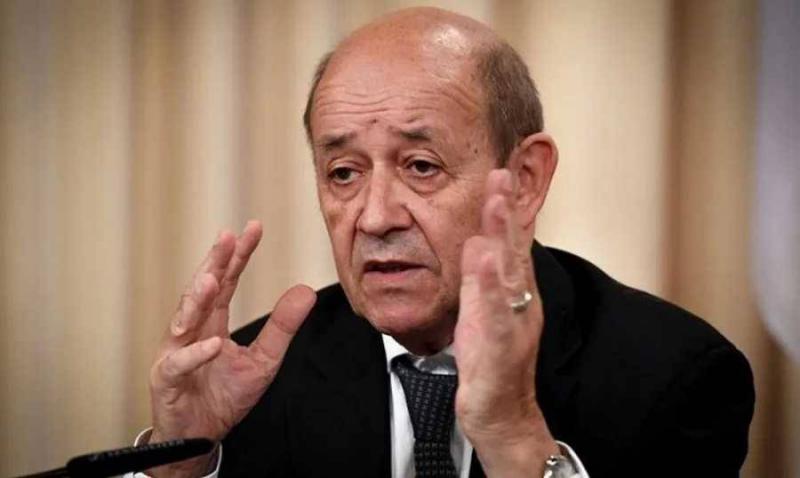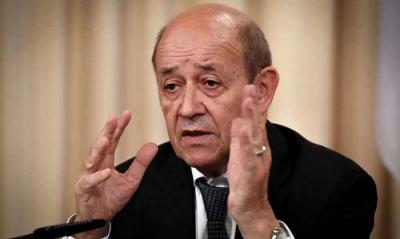The new year opens with a series of priorities in Lebanon, with the election of a new president remaining the foremost issue on the agenda of active countries. Speaker of the Parliament Nabih Berri has not set any new election sessions, indicating a lack of consensus on a presidential candidate. Security concerns have surged to the forefront following Israel's assassination of Hamas leader Saleh al-Arouri in the southern suburb, according to "Nidaa al-Watan."
Berri operates based on an understanding of Lebanon's political composition, and while he is one of the most enthusiastic supporters of electing the head of the Marada Movement, Sleiman Frangieh, he will not move forward with his election even if he obtains 65 votes without Christian approval, and most importantly, without Saudi, American, and international consent.
The situation in southern Lebanon, the suburbs, and Gaza is a top priority. Clash areas are expanding, though the overall situation remains under control; this does not mean there are no fears of a devastating war, especially after the Tuesday raid and the assassination of al-Arouri.
Internally, there are hopes for renewed international pressure to drive the election of a new president following the success of extending the term of the Army Commander, General Joseph Aoun, averting a void within the military institution. The beginning of the year will witness a flurry of visits by Arab and Western diplomats, which have not ceased during the holiday period. Notably, the recent visit of the UK Ministry of Defense's Senior Advisor for the Middle East and North Africa, Marshal Sammy Simpson, who met several officials, including caretaker Prime Minister Najib Mikati, emphasized the UK's support for Lebanon in its hardships, cooperation in ensuring security, and avoiding the expansion of the war in the south. He warned about the serious consequences if war erupts and stressed the need to implement Resolution 1701 to spare the country from shocks and wars.
Lebanon is expecting a visit from a new European guest, the perennial observer of the situation, French envoy Jean-Yves Le Drian. This visit will not be an ordinary one; the previous visit was largely focused on the topic of extending the army command. Having passed the military hurdle, the issues of the presidency and the south are now front and center.
Information reveals a French desire, backed by the quintet committee, to push for a comprehensive solution to the Lebanese crisis. Paris prefers that this solution come as a complete package; merely electing a president without the ability to form a government while keeping the situation in the south volatile is inadequate.
According to "Nidaa al-Watan," Le Drian is expected to focus on the following matters during his upcoming visit:
1. Pushing for the election of a new president from within the third option, without Paris endorsing any specific name, instead aiding in selecting the best and most suitable candidate.
2. Agreement on forming a reformist government to ensure political stability, allowing the government to initiate necessary reforms as soon as possible.
3. Secure the umbrella of Arab and Western support for Lebanon to embark on a path of reforms and recovery.
4. Work to maintain the situation in the south by implementing international resolutions, especially 1701, ensuring all necessary conditions for its application, and preventing the front from igniting and the war from spreading to Beirut and all of Lebanon.
5. Work towards resolving the southern border issues, particularly on the land borders.
While these demands have external support, many obstacles await, primarily due to internal complexities, given the significant rift between the parties and the difficulty of reaching an agreement on any candidate's name without stepping outside political alignments.
Any Lebanese solution will need to secure Arab, regional, and international backing, in addition to an Iranian-American-Saudi deal. Paris's desire to find a solution to the Lebanese crisis is substantial and serious, but the absence of major regional and international consensus will pose a significant obstacle to any such mission.
It is evident that there are many hurdles, but the momentum created by extending the army command might be capitalized on internally, particularly if coupled with international support and pressure; thus, all eyes must be on the conclusion of external visits for now.




